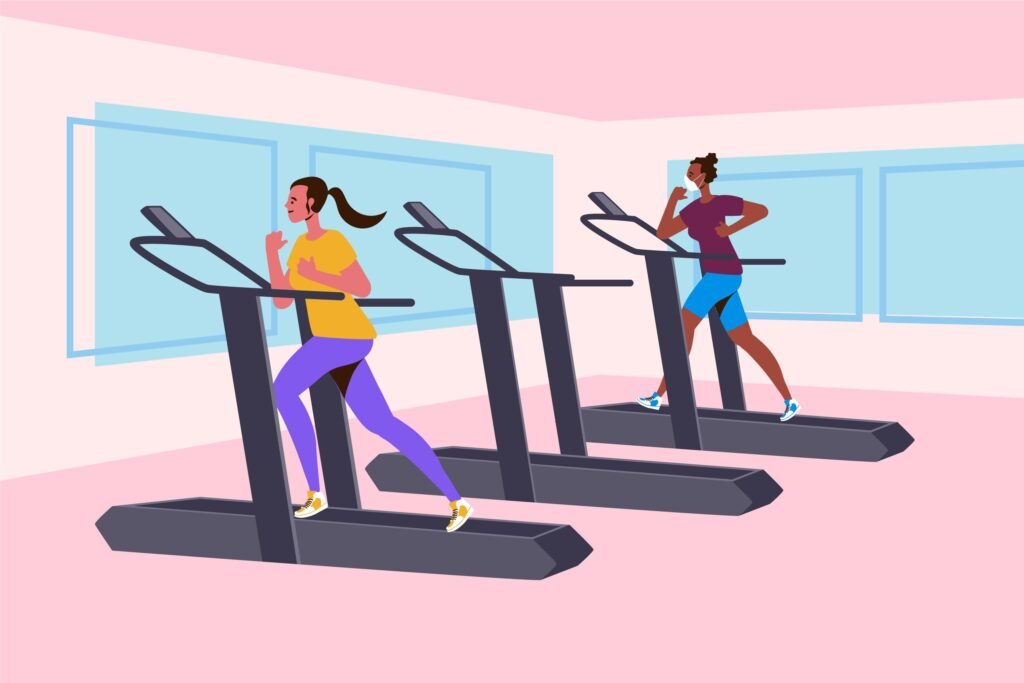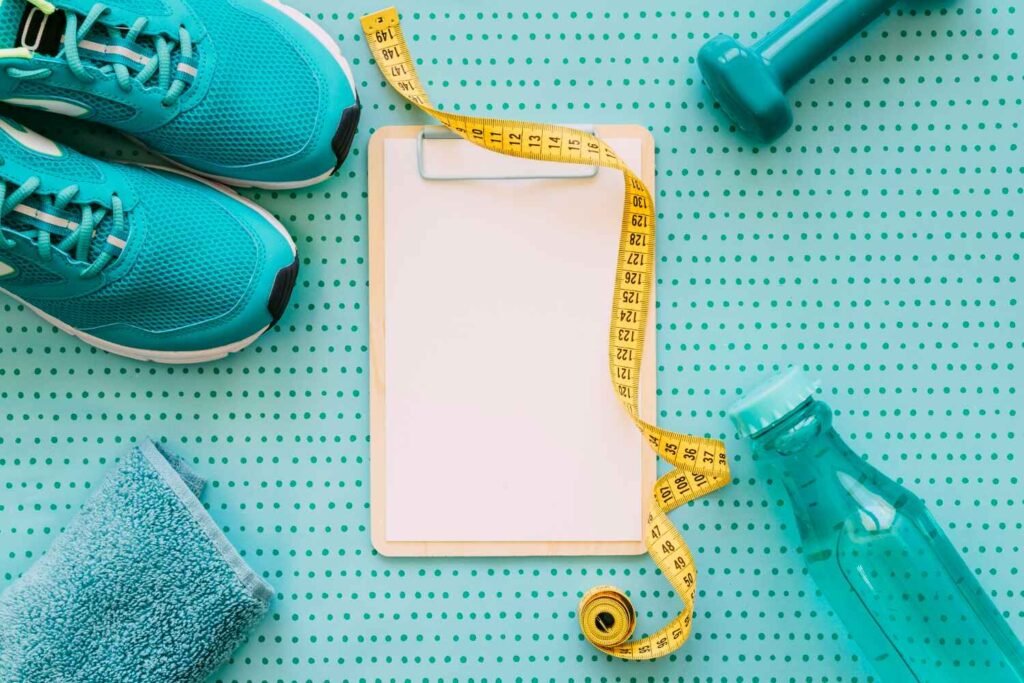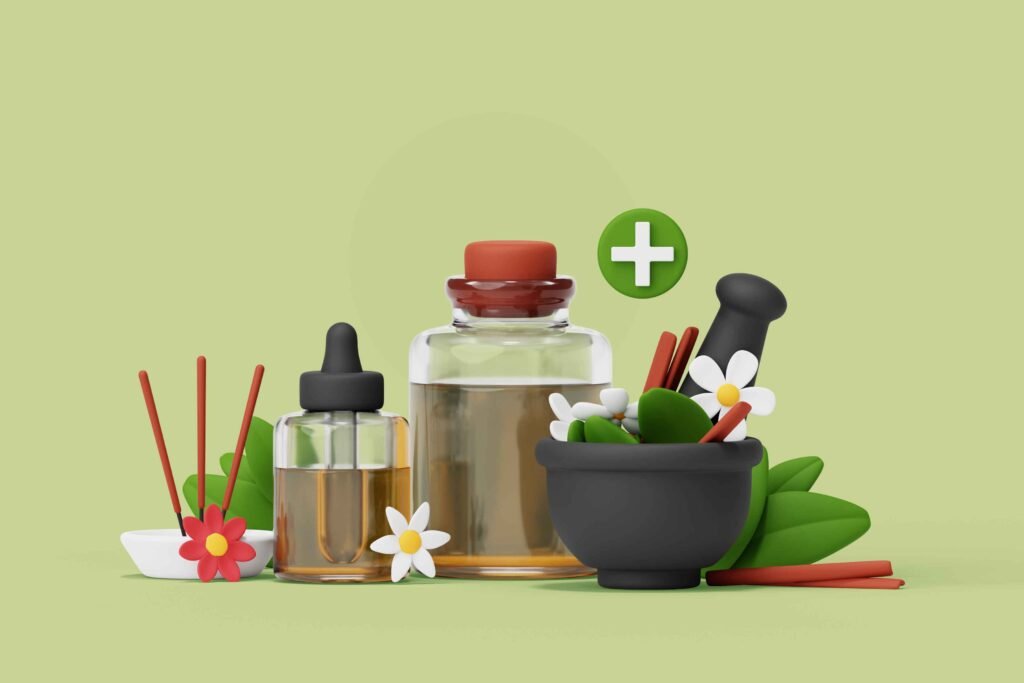
The Role of Aromatherapy in Stress Management and Relaxation
Life is hectic, and stress seems unavoidable. While some stress is normal, chronic stress can take a toll on your health. The search for effective stress management techniques has led many to rediscover ancient practices like aromatherapy. Aromatherapy, the art and science of using essential oils to promote well-being, is gaining popularity as a natural approach to relaxation and stress relief. In this post, we’ll explore how aromatherapy works, the best essential oils for calming the mind, and practical ways to integrate this practice into your life.
What Exactly is Aromatherapy?
Aromatherapy uses natural plant extracts, called essential oils, to support physical, emotional, and mental health. These highly concentrated oils are derived from different parts of plants, such as flowers, leaves, and roots. The practice of using aromatic plants for healing dates back thousands of years to ancient civilizations like the Egyptians, Chinese, and Indians. Today, aromatherapy is commonly used in holistic health practices, spas, and even personal care routines.
The magic of aromatherapy lies in its ability to engage our sense of smell, which is directly connected to the brain’s limbic system—home to our emotions and memories. This connection explains why certain scents can immediately evoke relaxation or lift your mood.
The Science Behind Aromatherapy: How It Works
When you inhale the scent of an essential oil, the tiny molecules stimulate olfactory receptors in your nose, which then send signals to your brain. This interaction affects the limbic system, the area responsible for regulating emotions and memory. Some essential oils, like lavender and bergamot, have been shown to reduce cortisol levels, a stress hormone, which promotes relaxation and reduces anxiety.
Beyond inhalation, essential oils can also be absorbed through the skin. When diluted with a carrier oil and massaged onto the skin, the oils penetrate the body and circulate in the bloodstream, offering physical relaxation benefits, such as reducing muscle tension and improving circulation.
Best Essential Oils for Stress Relief and Relaxation
Certain essential oils are known for their calming and anxiety-reducing properties. Let’s explore some of the most effective ones:
- Lavender
Renowned for its calming effect, lavender is one of the most popular essential oils for stress relief. Its soothing properties help alleviate anxiety, promote better sleep, and reduce feelings of tension. Research has demonstrated that inhaling lavender oil can significantly lower cortisol levels, leading to a more relaxed state of mind. - Bergamot
With its citrusy aroma, bergamot is an uplifting oil that has been used to alleviate stress and boost mood. It’s known to help reduce blood pressure and heart rate, making it effective for calming the nervous system. It’s perfect for diffusing in the morning to start your day with positivity. - Ylang-ylang
This sweet and floral oil works wonders on mood enhancement by boosting serotonin levels in the brain. Ylang-ylang helps ease feelings of sadness, anger, and stress, creating a peaceful atmosphere. - Chamomile
The gentle scent of chamomile is great for calming the mind, soothing anxiety, and promoting restful sleep. It’s especially beneficial when used in the evening as part of a bedtime routine. - Frankincense
Often used in meditation, frankincense supports mental clarity and focus. Its grounding effects help calm the mind, reduce stress, and enhance meditation or mindfulness practices.
How to Use Aromatherapy for Maximum Stress Relief
Aromatherapy offers flexibility in its application, allowing you to choose methods that best fit your lifestyle. Here are some popular ways to enjoy the stress-relieving benefits of essential oils:
1. Diffusion
Using an essential oil diffuser is one of the simplest and most effective ways to disperse calming aromas throughout your space. This method allows you to fill a room with a soothing scent that helps create a peaceful environment. You can use oils like lavender and frankincense in combination for a relaxing effect, or choose bergamot to energize your mornings.
2. Topical Application
Applying diluted essential oils directly to your skin can provide localized benefits. For stress relief, try massaging diluted oils onto pressure points like your wrists, temples, or behind the ears. This method is especially beneficial when combined with massage, as the touch enhances relaxation while the scent calms the mind.
3. Bathing with Essential Oils
Adding a few drops of essential oil to a warm bath can amplify relaxation. The heat helps release the aroma of the oils, while the bath itself provides a calming experience. For safe use, dilute essential oils in a carrier oil or add them to a dispersant like milk before mixing with bathwater. Lavender and chamomile are popular choices for a nighttime soak.
4. Inhalation Techniques
Direct inhalation involves breathing in essential oils through steam inhalation or using a personal inhaler. This approach works well for quick relaxation during moments of acute stress. For example, add a few drops of eucalyptus or peppermint to a bowl of hot water, cover your head with a towel, and breathe deeply for relief.
5. Aromatherapy Jewelry
If you’re constantly on the move, aromatherapy jewelry offers a convenient way to carry your favorite stress-relieving scent. Bracelets and necklaces designed to hold essential oils can be worn throughout the day, allowing you to breathe in calming aromas whenever you need them.
Creating a Daily Aromatherapy Routine
To experience lasting benefits, make aromatherapy a regular part of your daily routine. Here’s how you can incorporate essential oils into your life:
- Morning Boost: Start your day by diffusing uplifting oils like bergamot or lemon while you get ready. This can help set a positive tone for the day ahead.
- Work Breaks: Keep an essential oil inhaler at your desk to use during short breaks. Oils like peppermint can help refresh your mind, while lavender can provide a calming pause.
- Evening Wind-Down: Use calming oils like chamomile and frankincense in a diffuser or add them to your bath to unwind before bed.
- Mindfulness Practices: Enhance meditation, yoga, or breathing exercises by diffusing oils known for their grounding properties, such as sandalwood or frankincense.
Combining Aromatherapy with Other Stress-Relief Techniques
Aromatherapy can be even more effective when used alongside other relaxation methods. Try these combinations:
- Meditation: Diffuse frankincense or sandalwood during meditation to deepen your relaxation and mental clarity.
- Yoga: Use a diffuser in your yoga space with oils like lavender or ylang-ylang to create a calming environment.
- Breathing Exercises: Pair deep breathing with the inhalation of essential oils to enhance the stress-relief effect. For instance, try inhaling chamomile or bergamot during diaphragmatic breathing.
Important Safety Considerations
While aromatherapy is generally safe, there are important precautions to keep in mind:
- Proper Dilution: Essential oils are highly concentrated and should be diluted in a carrier oil, such as coconut or almond oil, before topical application to prevent skin irritation.
- Quality Matters: Use only high-quality essential oils labeled as “pure” or “therapeutic grade.” Low-quality products may contain additives that reduce their effectiveness.
- Consult a Professional: If you have any health conditions or are pregnant, talk to a healthcare provider before starting aromatherapy. Some essential oils may not be suitable for everyone.
- Patch Test: Always perform a patch test before using a new essential oil on the skin to check for any allergic reactions.
Conclusion
Aromatherapy is more than just a pleasant fragrance; it’s a powerful tool for managing stress and promoting relaxation. By integrating the right essential oils into your daily routine and combining aromatherapy with other stress-reduction techniques, you can create a holistic approach to well-being. Remember, the key is consistency. Start incorporating aromatherapy into your life today and take a step toward a calmer, more balanced you.



